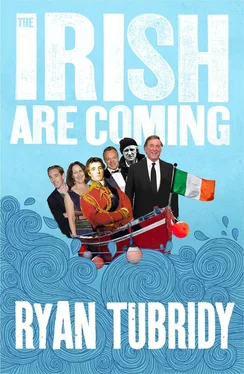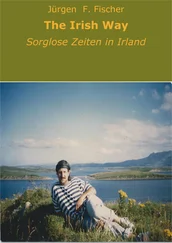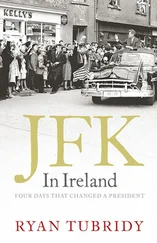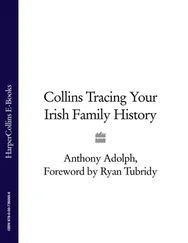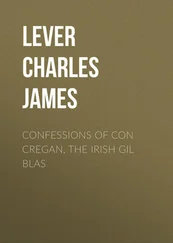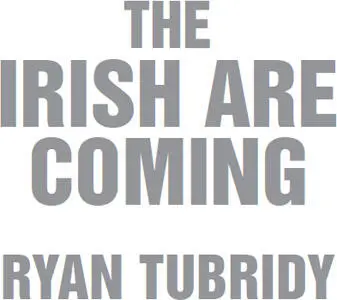

For Mum and Dad Thank you for history, humour and love.
CONTENTS
Cover
Title Page
Dedication For Mum and Dad Thank you for history, humour and love.
Introduction
The Hellraisers
The Comedians
The Chat Show Hosts
Politicians, Soldiers and Reporters
The Artists
The Writers
The Thespians
The Musicians
The Boy Bands
The Harry Potter Bunch
The James Bond Franchise
The Businessmen
Conclusion
Notes
Acknowledgements
Also by Ryan Tubridy
Copyright
About the Publisher
INTRODUCTION CONTENTS Cover Title Page Dedication For Mum and Dad Thank you for history, humour and love. Introduction The Hellraisers The Comedians The Chat Show Hosts Politicians, Soldiers and Reporters The Artists The Writers The Thespians The Musicians The Boy Bands The Harry Potter Bunch The James Bond Franchise The Businessmen Conclusion Notes Acknowledgements Also by Ryan Tubridy Copyright About the Publisher
FOR EIGHT HUNDRED YEARS OR THEREABOUTS, one of history’s greatest neighbourhood disputes has been rumbling on between two countries that on the face of it should be best of friends. Separated only by a 130-mile stretch of water, Ireland and Britain have always had what the Americans like to call ‘issues’.
Until relatively recently, the Irish considered themselves to be put upon by their nearest neighbour. We felt residual repression and an entitlement to complain about ‘eight centuries of hurt’. The British considered the Irish a boozy, noisy and troublesome neighbour but – let’s be fair – weren’t short of the odd bout of anti-social behaviour themselves. Such clichés are convenient by way of a Ladybird introduction to Anglo-Irish neuroses but they are glib and hide the enormous complexities that lie behind this strange and compulsive relationship. So let’s look a little deeper.
Eight hundred is a neat number. Round, even and large, it’s the number used when people casually refer to the amount of time Ireland has been annoyed, pestered and occupied by ‘the Brits’. For a long time, when someone was asked why we had such a gripe with the British, the retort was simply ‘Eight hundred years’. It’s unlikely there’ll be mention of the Norman invasion of the late twelfth century that marked the start of direct English involvement in Irish affairs but in many respects, that’s when the trouble began. Ireland proved a difficult outpost to maintain despite being right on the doorstep because the people tended to be fiercely proud, independent and uncooperative. The more they kicked off, the more the English cracked the whip and so began the rocky road that would last … well, eight hundred years.
During the sixteenth and seventeenth centuries, Irish lands were confiscated and plantations created with English bosses in charge. Some were benign and respectful to locals but a lot came and treated the place and the people with contempt, often functioning as absentee landlords, sending in agents to do the dirty work while enjoying the financial rewards from afar. Cromwell was hated for bringing across his soldiers to enforce the law with an iron fist that left a bloody legacy, and when Wolfe Tone led the 1798 rebellion against English rule, he achieved national support. His efforts were fruitless in the short term, but the die was cast for future leaders of an embattled nation.
The famine known as the Great Hunger saw a million Irish dead between 1845 and 1852 and a million more emigrating to America, Australia and Canada, hoping that a new land would bring fresh hope and a bright beginning. The British government response to the famine was scribbled on the back of an envelope too late in the day and then tied up in red tape. In very simple terms, they sat back and tutted as the Irish starved and the population dropped by a quarter (although debate on this issue continues to rage, but that’s for another day).
Despite this, Ireland sent the English lots of its best writers and dramatists and in 1914 a whole load of Irish boys headed for London to sign up and fight for King and Country. But two years on, bang in the middle of the First World War, another bunch of Irish boys marched up to Dublin’s General Post Office to proclaim a Republic. Within months of that failed 1916 rebellion, the British made martyrs of the leadership by killing them in cold blood and found themselves in the middle of war they could well have done without. That was settled in 1921 and what can only be described as an Anglo-Irish Cold War began – and would last for the best part of the next century.
Throughout the fraught twentieth century, Ireland strove to forge its own identity by pretending that Britain barely existed. This meant doing things on our own terms as a country and not kowtowing to our former masters. We didn’t ‘do’ the Second World War (we even had our own name for it – ‘The Emergency’) and those who did join the British army were largely ignored or reviled on their return home and have only recently been officially remembered in post-peace-process Ireland.
The Irish might have moaned about the ‘bloody Brits’ but in the 1950s and 60s they headed to London in their droves when there was lots of building work to be had. There are very few motorways you can drive on, Tube stations you can enter, football stadia you can cheer in, or buildings you can work or live in that haven’t felt the trowel of an Irish plasterer or the brush of an Irish painter. It was suitable work for émigrés who weren’t particularly educated or qualified but knew how to dig a hole and work hard. They were drawn towards population centres like London, Liverpool, Manchester and Glasgow, but often stayed in their own self-created ghettos – such as London’s Cricklewood and Kilburn. Partly this was because the welcome they encountered wasn’t the friendliest, with many a boarding house having a ‘No blacks, no dogs, no Irish’ sign by the front door. However, just as they did in America, the Irish newcomers found their feet, made money and set up homes.
United by war and economics but divided by history and denial, it was the second half of the twentieth century that introduced a third intangible thread that brought these disparate countries together – popular culture. Television would change the day-to-day lives of British citizens first and it wasn’t long before the Irish followed suit. By 1955, when the signal was strong enough, Irish television viewers could watch British programmes and suddenly the ‘old enemy’ was in Irish living rooms. They looked just like us and they had similar worries. Bar the accents, they could’ve been us. What to do now?
It was only a matter of time before the lure of the London limelight became too strong for a slew of Irishmen who watched their televisions in awe as Frankie Howerd, Tony Hancock and Bob Monkhouse strutted their stuff. The small screen offered some local talent the opportunity for big things. A selection of Irish broadcasters, actors and entertainers reckoned they had what it might take to mix it with the best of these guys and so packed their bags, kissed goodbye to a future in Ireland and headed for the streets of London. In many respects, this marked the beginning of a very public association between Irish people and the great British public. The most obvious and recognizable names emerge throughout the 60s and into the 70s and yet these iconic monikers are only one part of a much bigger story and a much deeper relationship.
Читать дальше
